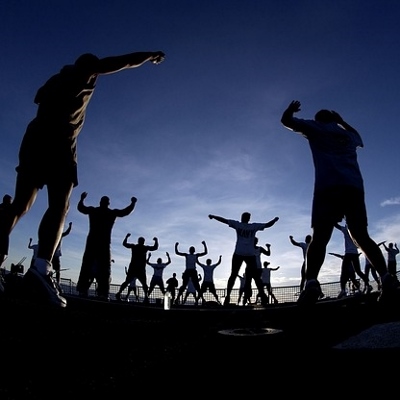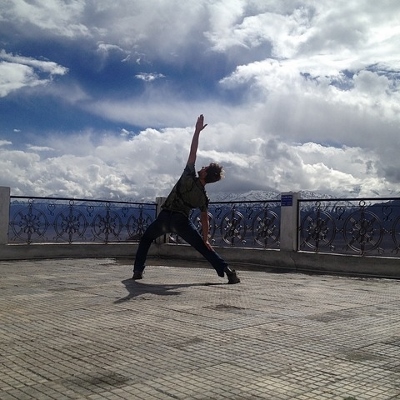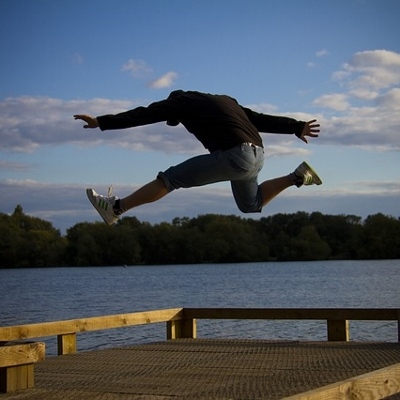 Getting a bit anxious before a race is nearly inevitable. Pre-race jitters aren’t necessarily a bad thing; the jitters can translate to adrenaline, which will help during the race (at least to start). However, jitters can escalate to a point that negatively affects performance.
Getting a bit anxious before a race is nearly inevitable. Pre-race jitters aren’t necessarily a bad thing; the jitters can translate to adrenaline, which will help during the race (at least to start). However, jitters can escalate to a point that negatively affects performance.
The best way to fight pre-race jitters that are beginning to escalate is to talk yourself out of them. Start reminding yourself of all the things you have done to get to where you are today. Remind yourself why you run, and why you want to race. Convert your frenzied thoughts into excitement!
Of course, the suggested solution of simply taking it upon one’s self to prevent reaching a negative level of anxiety can seem like not much of a solution at all. “Want to prevent freaking out? Just don’t freak out.” On race day, sometimes negative thoughts can seem to flood into one’s mind without a way of controlling them. Therefore, to be prepared to mentally combat the anxiety, a runner needs to take action well before race day. First and foremost is simply having and following a training plan. That way, on race day, you can easily look back on your hard work and more confidently convince yourself that you are in fact as prepared as you wanted to be for the race.
Fortunately, not all actions have to start weeks before race day. For example, a bit of extra care put toward diet and hydration on the days leading up to race day can go a long way. Proper dieting before a race will help you feel comfortable that you have fueled your body the right way for the race. Another consideration to make is eating to avoid gastro-related issues. As unpleasant as the topic may be, gastro-related issues are common among runners on race day. Runners can help their bodies out by avoiding salad and other “roughage” on the night before the big race. Those foods have fast gastrointestinal transit times. Conversely, fats and carbs move slowly. Coffee increases gastric motility, so if you don’t need to drink it, it is in your best interest to avoid it.
Speaking of drinking, consciously putting in effort to hydrate properly is another easy step you can take toward feeling more prepared on race day. Eight glasses per day is no longer considered the magic number for everyone. The current suggestion is to drink to your thirst, but that is fairly ambiguous. A more concrete suggestion is to drink water such that your pee is relatively see-through. On a long run or race, you will want to replenish with a sports drink instead of water, to avoid hypernatremia (a lack of electrolytes).
In the end, any action that helps put your mind at ease on race day is a step in the right direction. Controlling pre-race jitters is a skill that takes practice, but is something that every runner can eventually learn to do.





